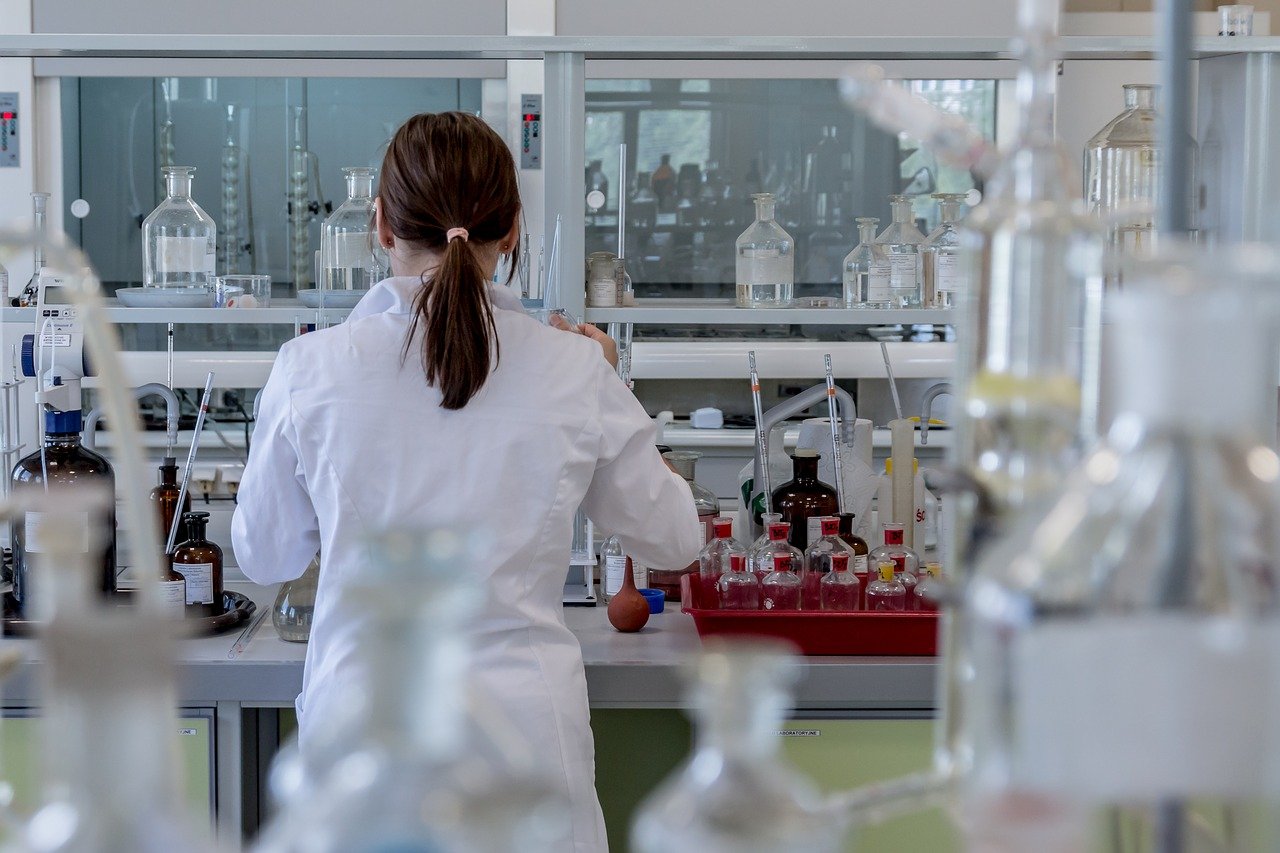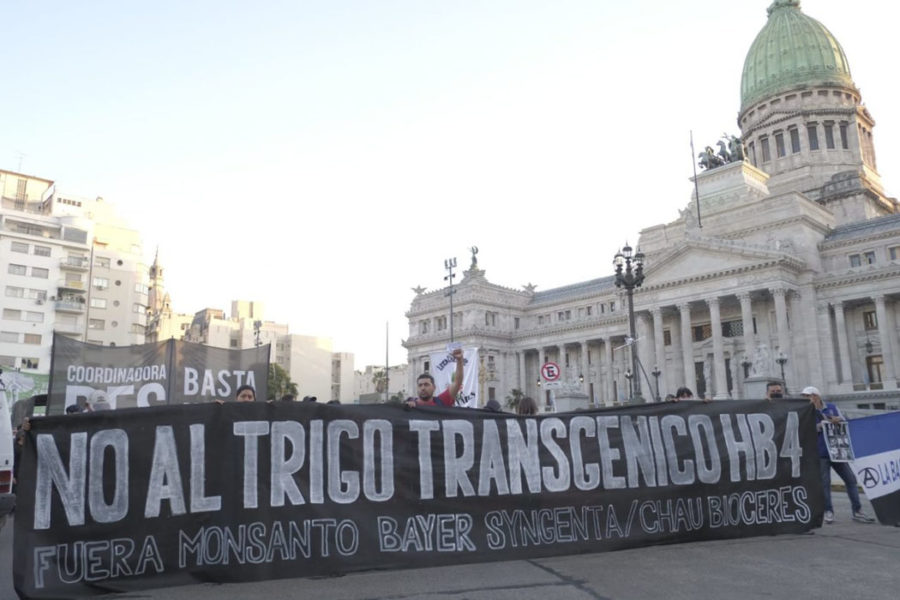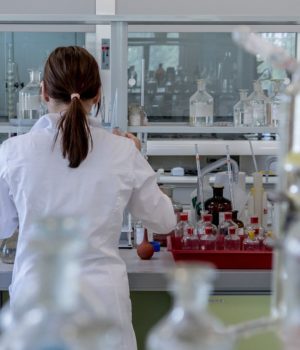Can GM crops end the current food crisis? Food prices have risen dramatically in recent months due to energy costs and war. Can genetic modification end this solution and prepare us for the climate change?
The consequences of war
La ukrainian war it has emptied the supermarkets of half the world. Thus, the dependence that we live with respect to the "barn of Europe". This has resulted in increased prices that have not affected all countries equally. Some matter more than others and that is why they need to find solutions.
A paradigmatic example is that of United Kingdom. It imports more than half of the food it consumes. For this reason, it has been seriously affected by the fact that the Ukrainian cereal continues without being harvested. So your legislators have got going and come up with a solution: the GM. The European Union it only regulates the cultivation of one type of modified maize. However, London is no longer within this organization.

Why does the UK authorize the cultivation of transgenics?
Outside the EU, their politicians take advantage of the freedom of movement they have when it comes to regulating these crops. So the agricultores British will be able to grow more plants weather resistant. In this way they can even supply certain nutritional deficiencies present in their citizens. A paradigmatic case is that of the lack of vitamin D It affects nearly a fifth of the people here as they get little sun. However, there is a way to make a tomato have as many as two eggs.
Its advocates also predict a future with a growing population that is better nourished. They defend that through transgenics it can be cultivated in places with drought that suffer from food insecurity. Many of these places are in Africa and today suffer the consequences of the war in Ukraine. The IFwheat imports from Russia y Ukraine account for more than 80% of imports of this cereal in Egypt, Tanzania, eritrea y Benin. In Algeria y Tunisia more than 95% of sunflower oil imports also comes from these two conflicting countries.
Seen what has been seen, transgenics appear as a solution in the middle of a chaotic moment. However, they also have detractors. Its use is not without risks and some have already manifested themselves. The main one is Cross pollination. This occurs when a modified variant mixes with a wild one, altering the wildlife and the ecosystem. For this reason in United States Super-resistant weeds already exist. This is not a very serious case. However, should we wait for this to happen?
Do these crops have a future?
Be that as it may, this technology will gain more and more prominence. In Philippines is already used to enrich rice with Vitamin A. That is why the European Union will probably study its use more and more. The Commission itself is already studying the possibility. to accept two techniques of genetic modification: the mutagenesis directed and cisgenesis. Are they the answer to the food crisis?

The truth is that today the 95'8% of the "insecticide corn" grown in the Union comes from Spain. This is one of the countries most at risk from climate change. That is why the Spanish authorities must get their act together, like the European ones, and find more resistant crops. How about? Are transgenics a solution or a source of new problems?







